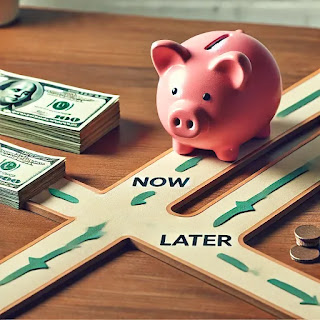𝗪𝗵𝘆 𝗲𝘃𝗲𝗿𝘆 𝘁𝗿𝗶𝗽 𝘁𝗼 𝗠𝗲𝘅𝗶𝗰𝗼 𝗶𝗻𝗰𝗹𝘂𝗱𝗲𝘀 𝗮 𝘃𝗶𝘀𝗶𝘁 𝘁𝗼 𝘁𝗵𝗲 𝗯𝗮𝗻𝗸 𝘄𝗶𝘁𝗵 𝗺𝘆 𝗺𝘂𝗺

I love visiting my mum in Mexico. However, one part of these trips that I don't enjoy is becoming her 'banking companion'. Every trip, I invariably go to the bank with her, painfully observing her queuing, and requesting a task that could be performed through the banking app 😨 Trying to convince her to use the app? Believe me, I have tried! My mum isn't alone in this struggle. Two-thirds of unbanked adults around the world have mobile phones, highlighting a mismatch between innovation and impact. Several demographic factors influence inclusion in digital financial products, such as socioeconomic status, gender, and education. For example, women in Latin America have lower ownership of debit cards because men traditionally managed finances. Additionally, older people face unique financial and technological challenges compared to younger adults. Talking to my mum and gathering more external evidence, I identified three main issues preventing her from using the app and p...





.JPG)